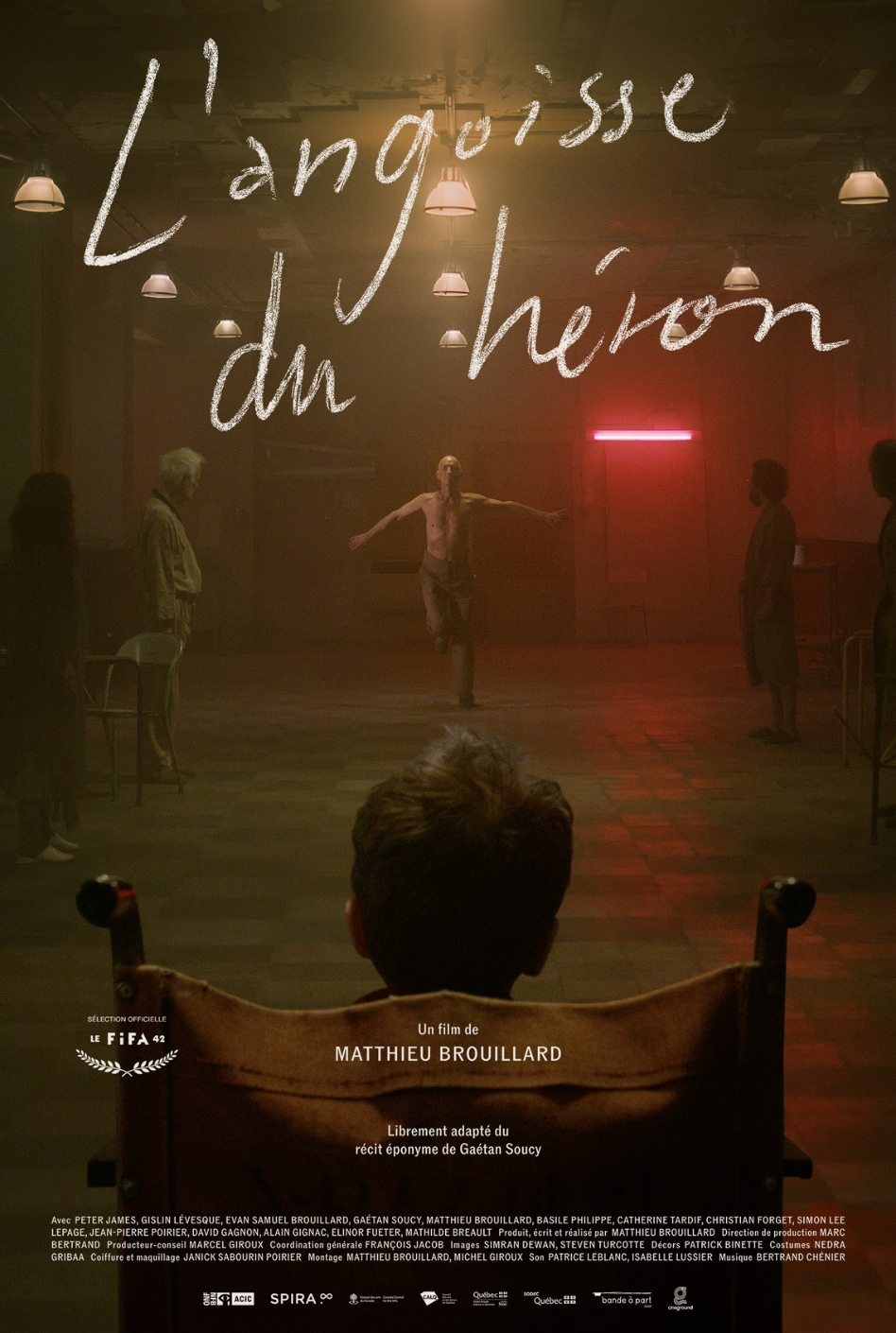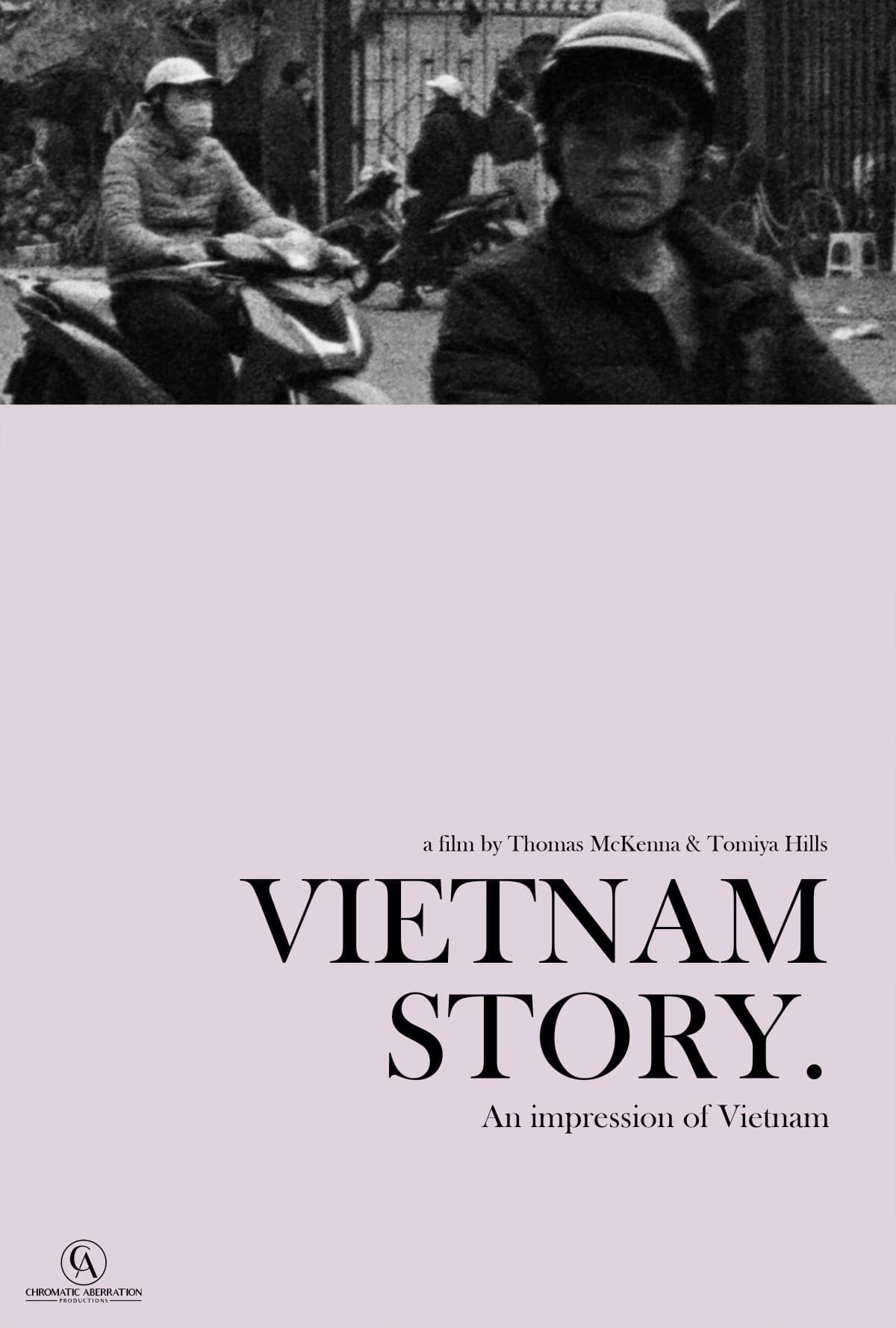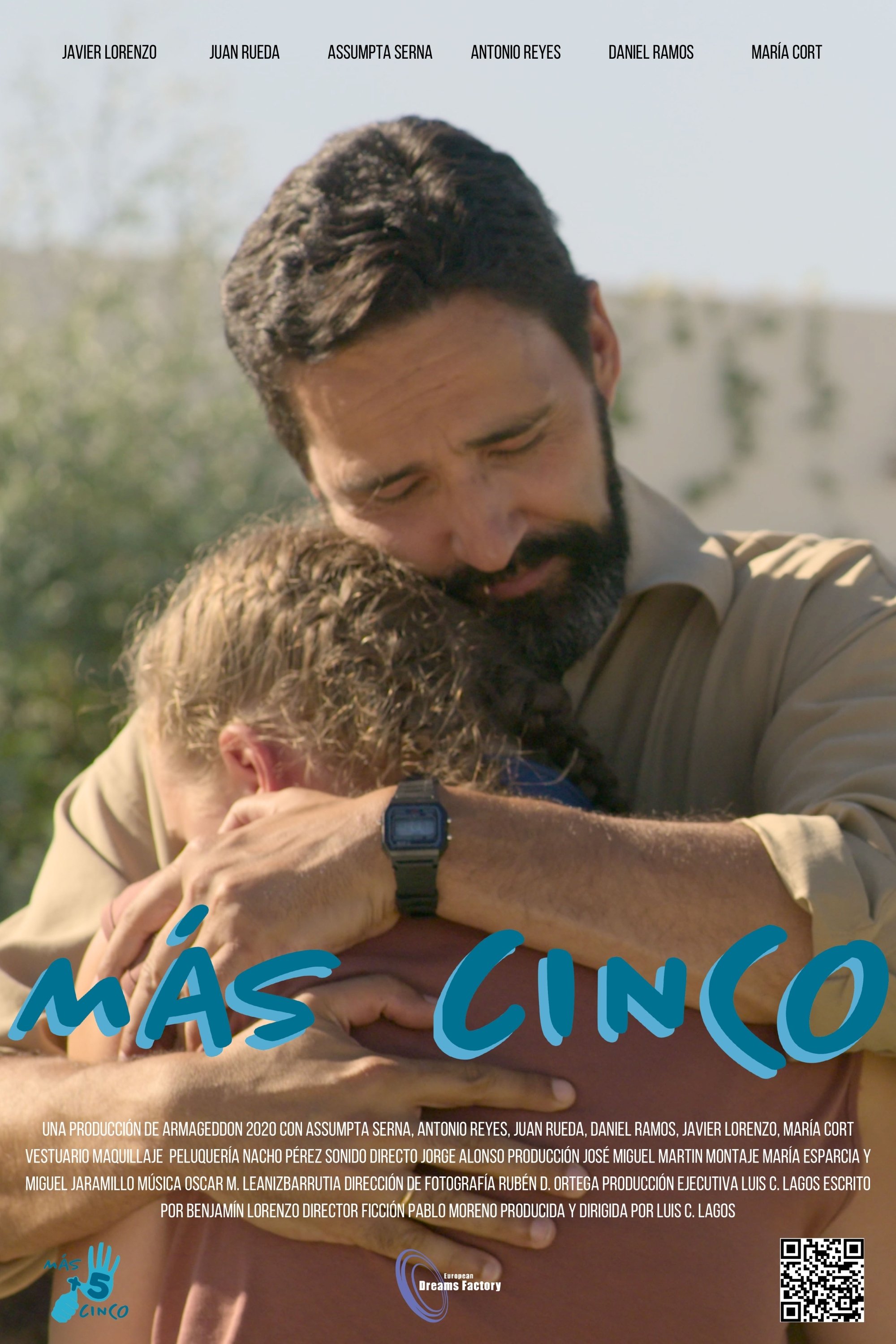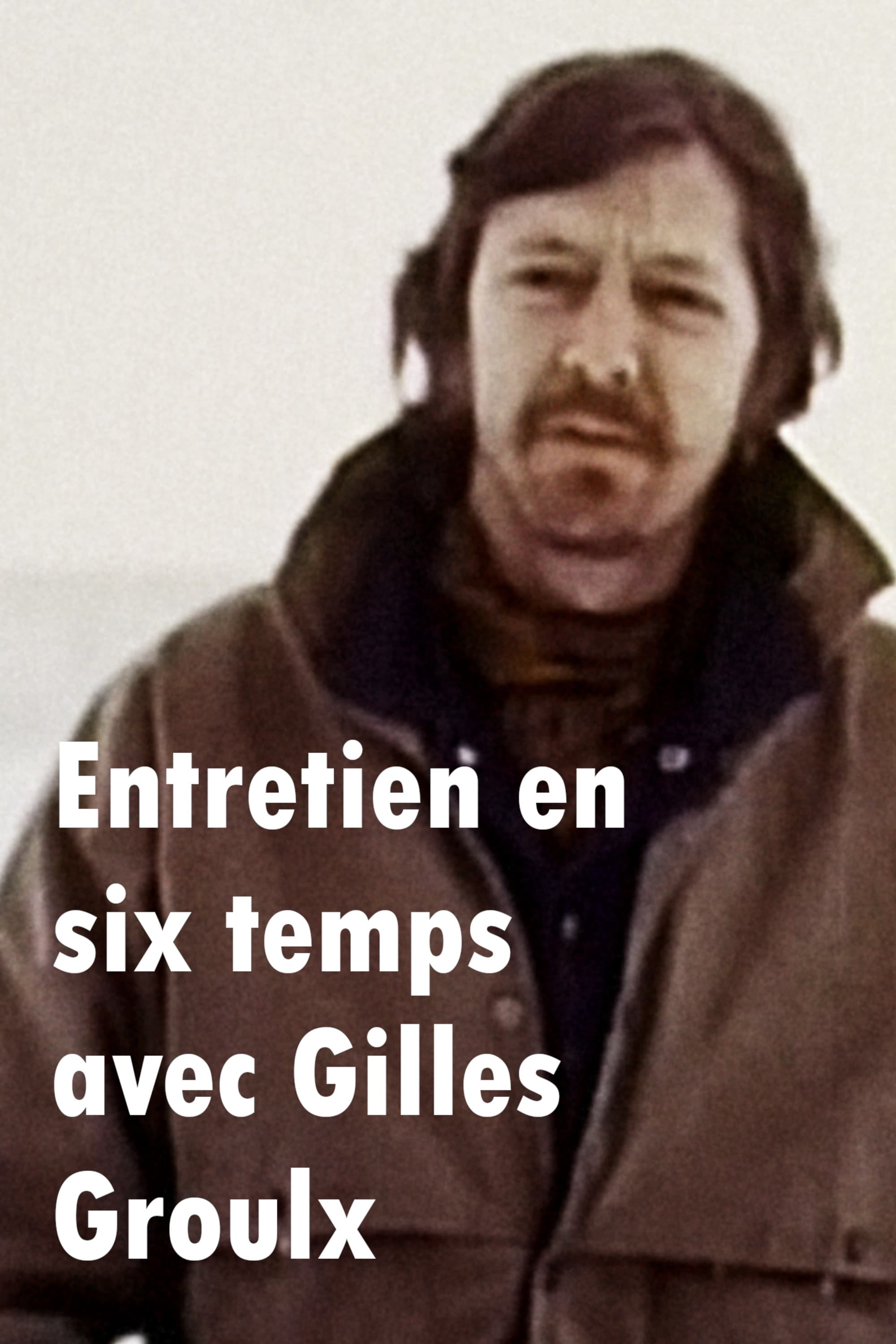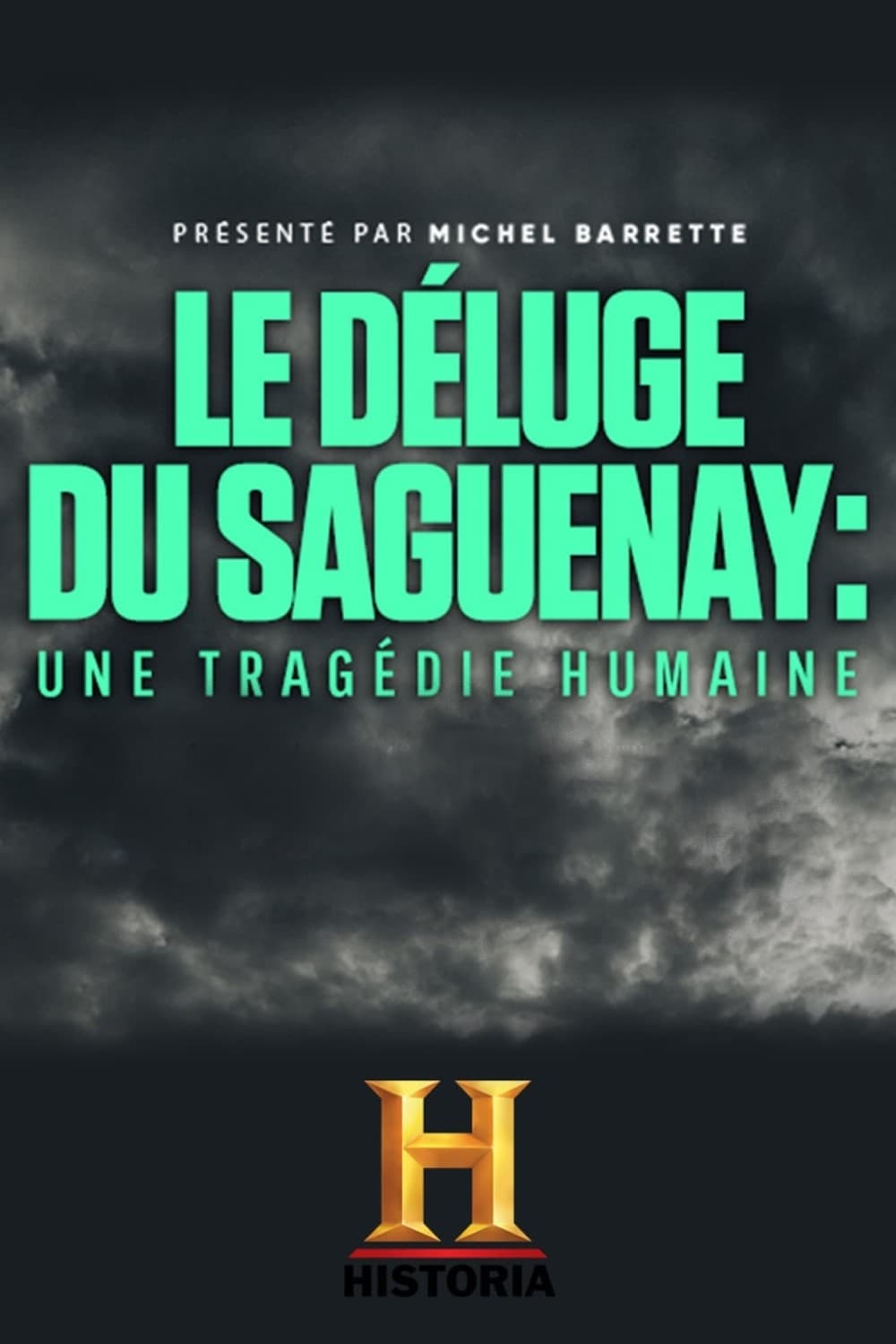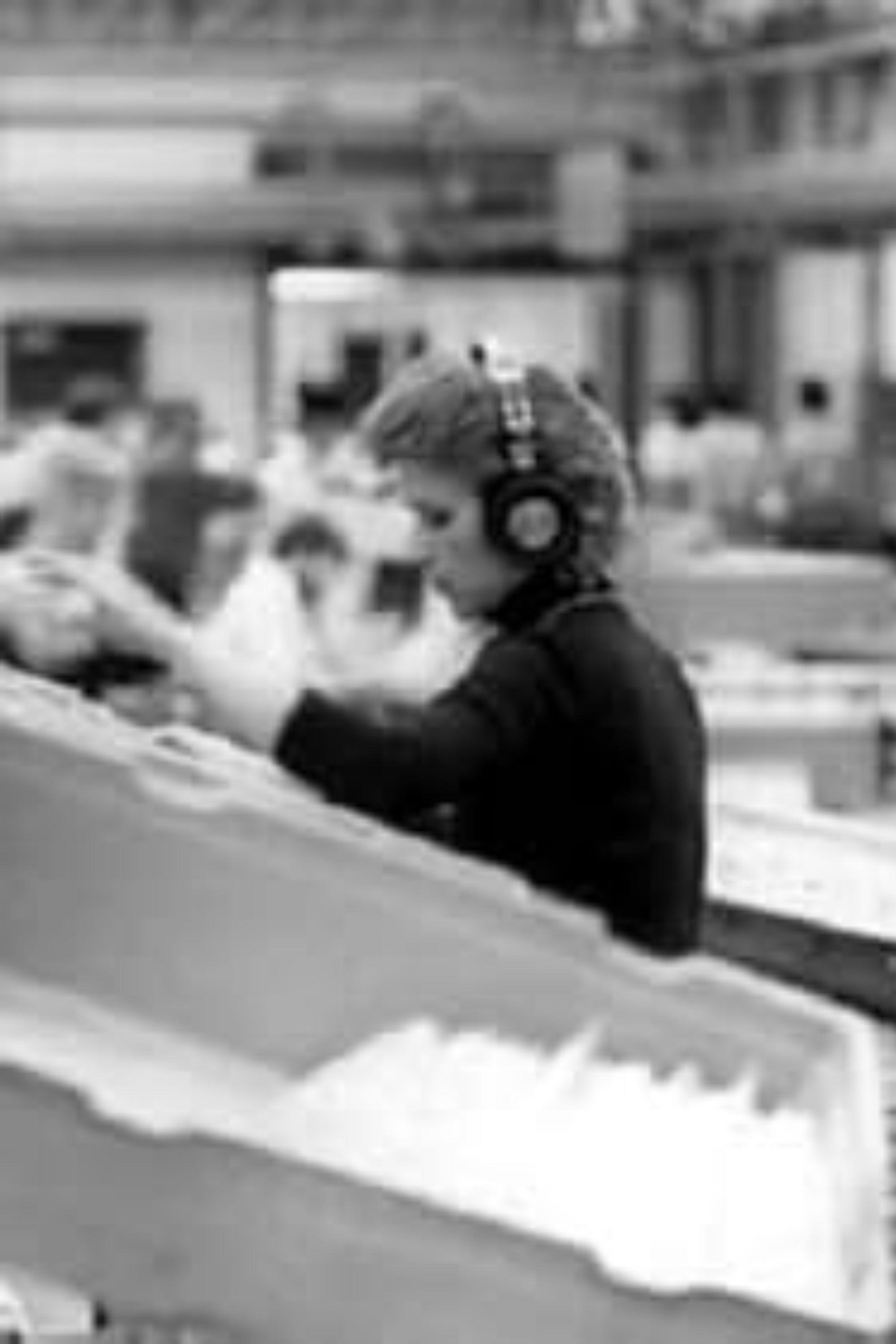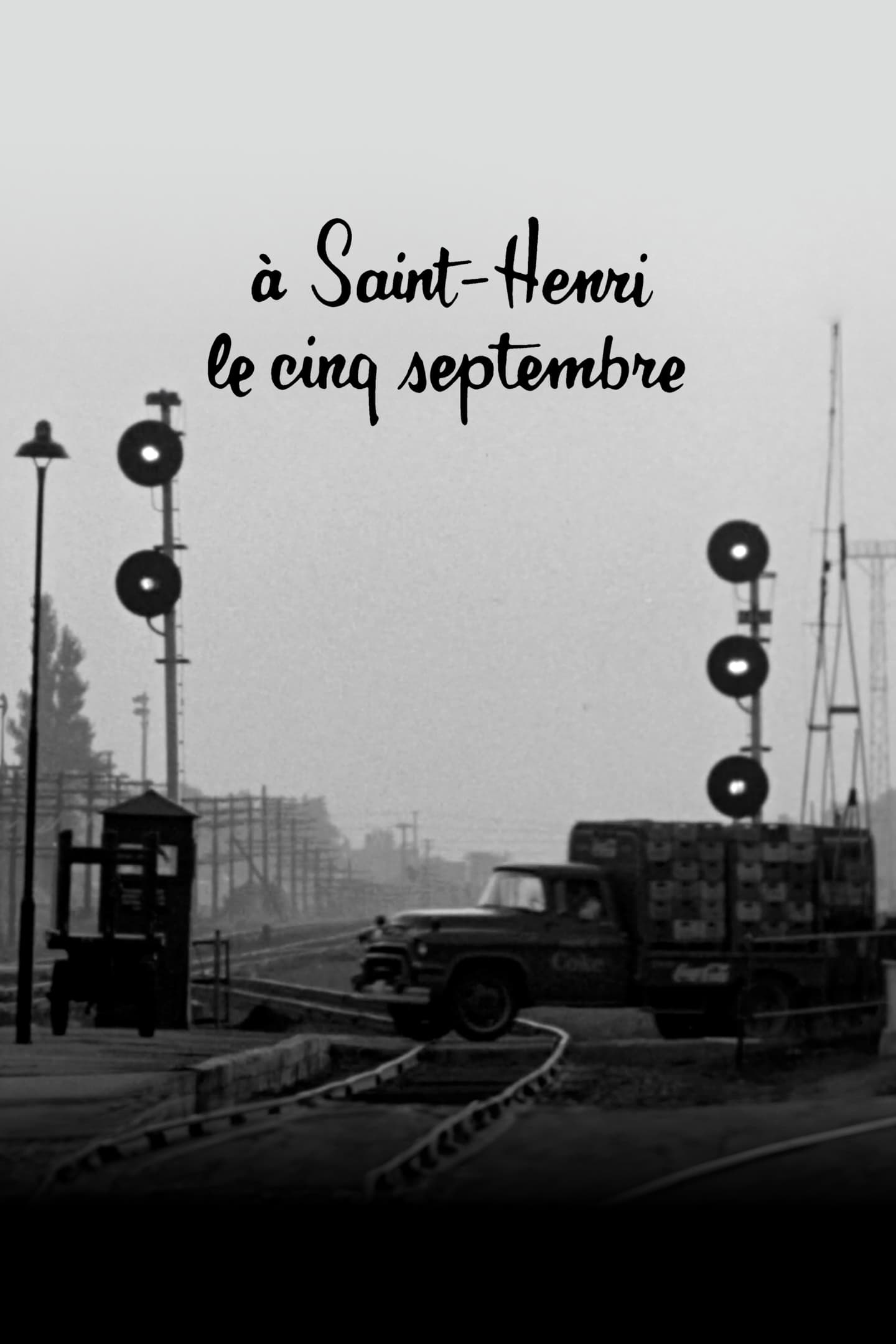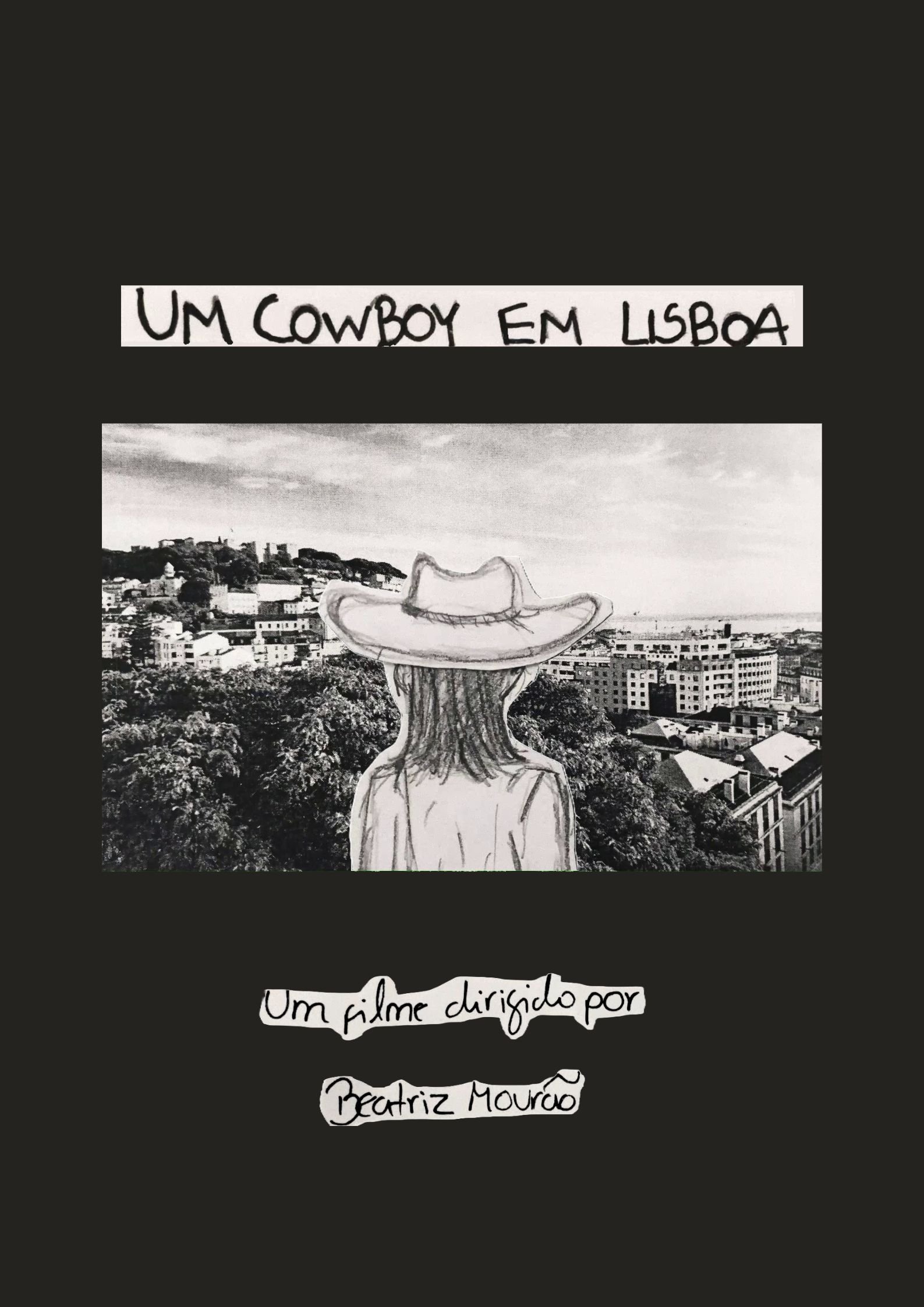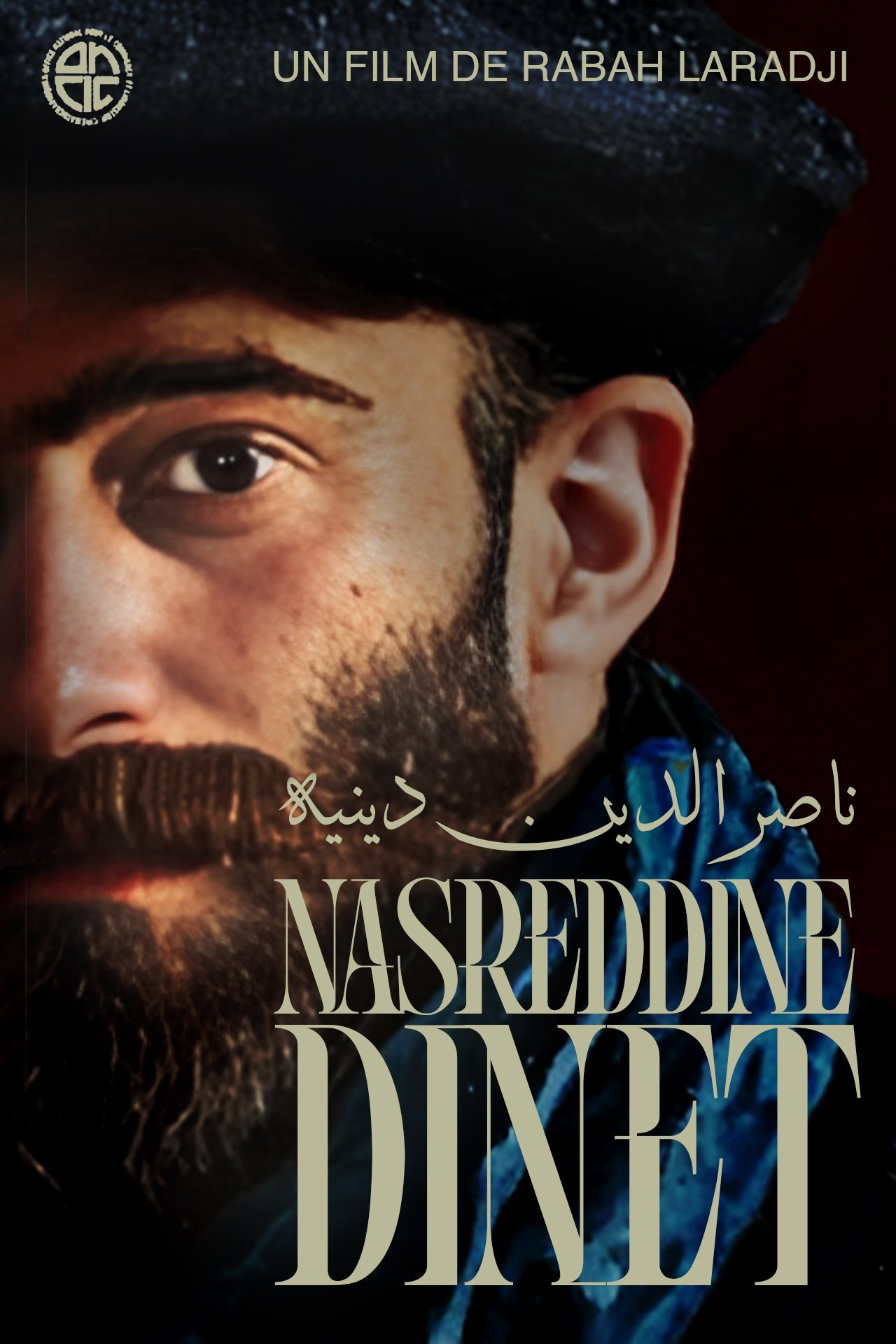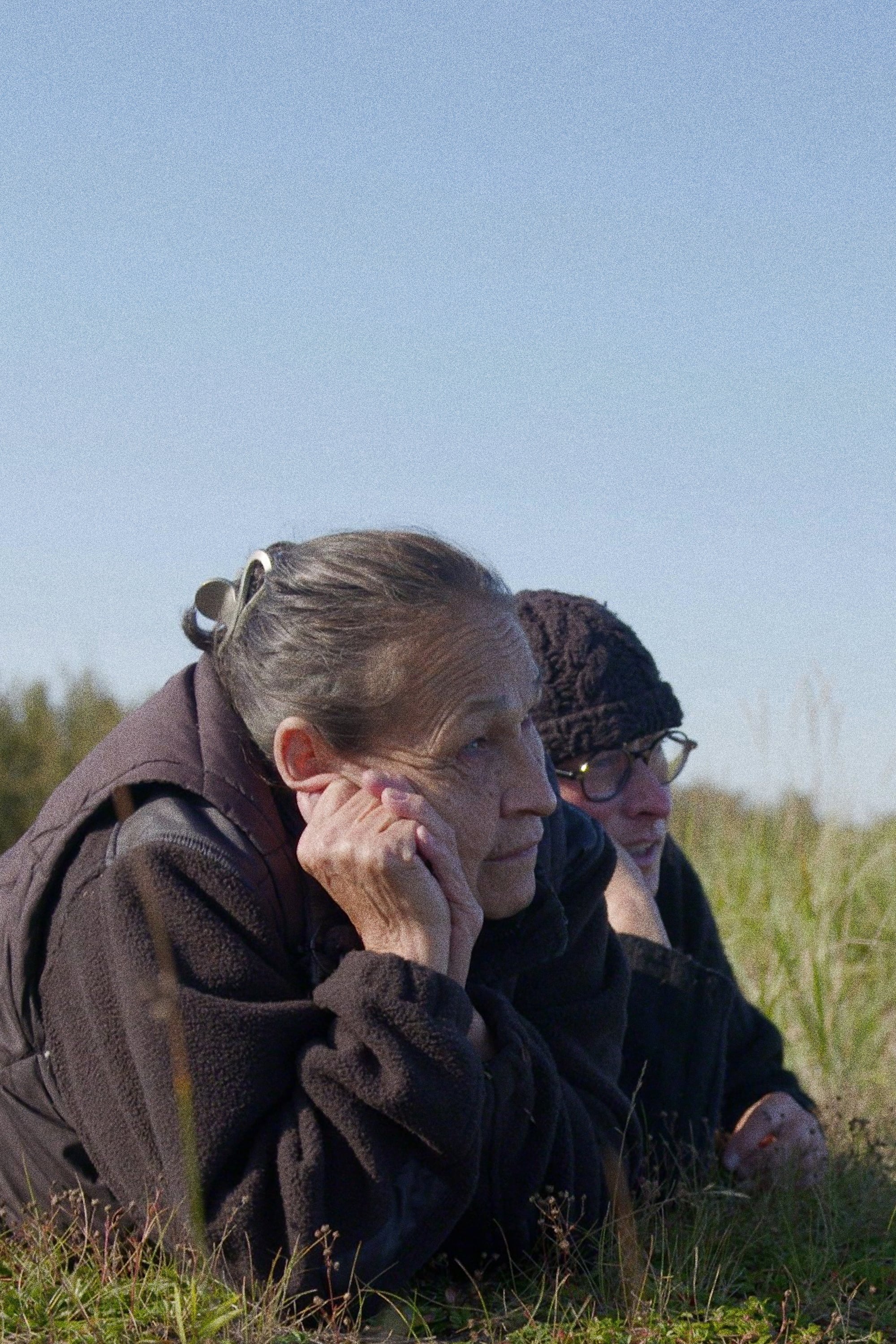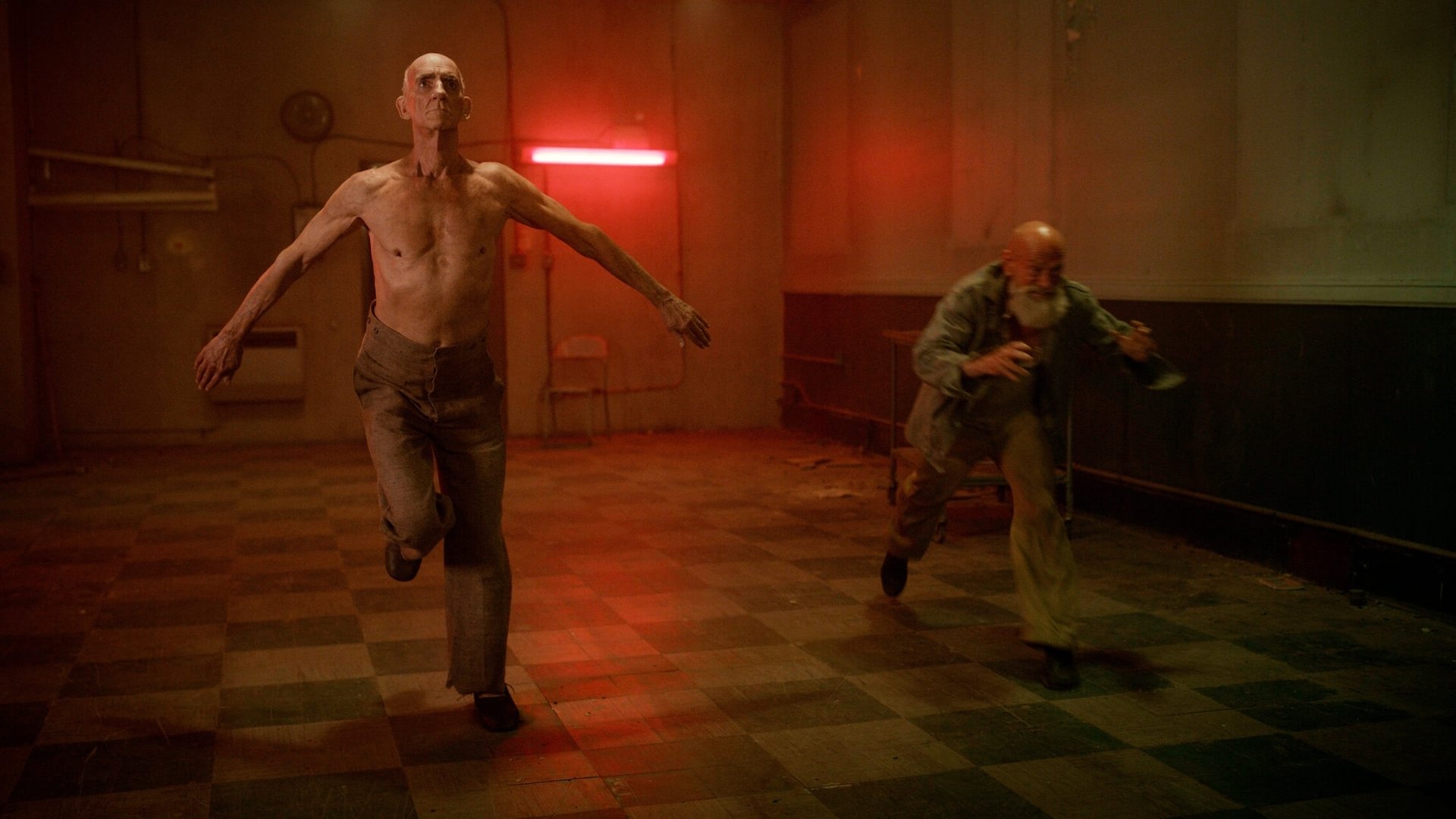
Cast & Crew
7 members
Acting
Gislin Lévesque
Unknown Role
No Image
Acting
Evan Samuel Brouillard
Gaétan Soucy (child)
No Image
Directing
Matthieu Brouillard
The Friend
No Image
Acting
Basil Philippe
Unknown Role
No Image
Acting
Catherine Tardif
Unknown Role
No Image
Writing
Gaétan Soucy
self
No Image
Acting
Christian Forget
Unknown Role
No Image
